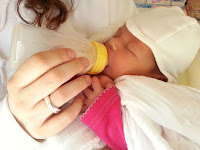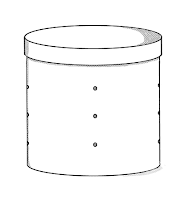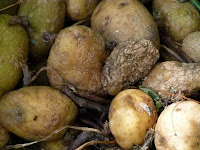 |
| Image by PublicDomainPictures from Pixabay |
I have an addiction to shower spray.
This is not the same as being addicted to shower cleaner, however, and I think it's important to separate the two.
Shower spray is simple. You finish bathing, then you grab a bottle and spray the heck out of the walls, tub, and fixtures. You do this in the hope of not having to actually grab a sponge and scrub.
Unfortunately, this is a very expensive, wasteful, and futile addiction, and just like any other addiction, the end results don't match up to the dream. No matter how diligently you spray, eventually the tub and shower walls need a full cleaning again.I HATE cleaning!
 |
| Look at those gross, white, vertical streaks on the wall! |
They never come clean, regardless of what I use. My shower cleaning job has become an incredible hassle, ands the results of this torturous labor are subpar.
I know I'm not alone in this.
Having worked apartment maintenance, I've seen what these showers look like when people move out after only 2-3 years, and it's not pretty. I also want to point out to you, if you're having issues with your own shower cleaning efforts, that it's most likely not entirely your fault.
The resurfacing job done on most apartment showers in between moves is very nice to look at, but hard to keep clean. Companies give out a long list of what not to do when you clean them, but little advice on how to clean them properly.
If you slack off, you're toast. It's that simple. Naturally, I couldn't effectively clean the shower for a few weeks, due to pregnancy and post-birth healing, so I ended up with a disaster zone. The right cleaner, however, could change everything.
That means I'm on the hunt, again. I want a shower cleaner that:
- Has earth friendly ingredients
- Is easy to make
- Uses few ingredients
- Doesn't cost a fortune
- Works well enough to make me stop whining.
1. It's earth friendly.
2. It's easy to make.
 |
| Image by Gerhard G. from Pixabay |
4. It needs to be cheap.
5. It needs to produce a relatively pain-free cleaning experience.
This is done to kick a shower spray habit, so it needs to be something that I won't balk at doing. It must take a short amount of time to complete, and it needs to use only a little elbow grease.
Can this be accomplished?
I'm hopeful, but unsure. I succeeded when I went on my search for a DIY dishwasher detergent, and this success occurred after only one failure. This means that a shower cleaner that fits these specifications may exist.
Have you discovered a great recipe for one? Leave us some suggestions in the comments, and I'll be sure to try them!









